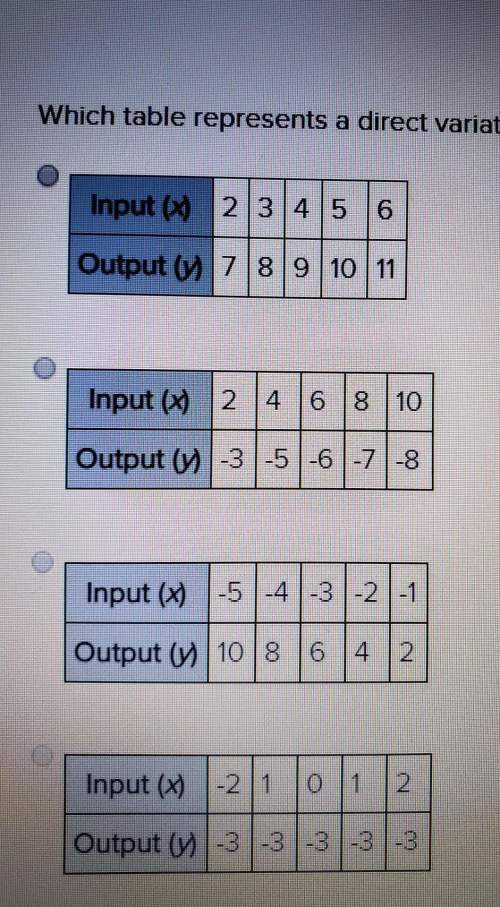
Mathematics, 17.03.2021 23:40 bbbbriasutton
One of the major advantage of the two-condition experiment has to do with interpreting the results of the study. Correct scientific methodology does not often allow an investigator to use previously acquired population data when conducting an experiment. For example, in the illustrative problem involving early speaking in children, we used a population mean value of 13.0 months. How do we really know the mean is 13.0 months? Suppose the figures were collected 3 to 5 years before performing the experiment. How do we know that infants haven’t changed over those years? And what about the conditions under which the population data were collected? Were they the same as in the experiment? Isn’t it possible that the people collecting the population data were not as motivated as the experimenter and, hence, were not as careful in collecting the data? Just how were the data collected? By being on hand at the moment that the child spoke the first word? Quite unlikely. The data probably were collected by asking parents when their children first spoke. How accurate, then, is the population mean?

Answers: 2


Other questions on the subject: Mathematics

Mathematics, 21.06.2019 18:00, jedsgorditas
The los angels ram scored 26, 30, 48, and 31 pts in their last four games. how many pts do they need to score in super bowl liii in order to have an exact mean average of 35 pts over five games. write and solve and equation. use x to represent the 5th game.
Answers: 1


Mathematics, 21.06.2019 19:00, PastelHibiscus
Which equation represents the function on the graph?
Answers: 1

Mathematics, 21.06.2019 21:50, libi052207
Free points also plz look my profile and answer really stuff
Answers: 2
You know the right answer?
One of the major advantage of the two-condition experiment has to do with interpreting the results o...
Questions in other subjects:







Social Studies, 19.02.2020 23:28


Mathematics, 19.02.2020 23:28

Social Studies, 19.02.2020 23:28




